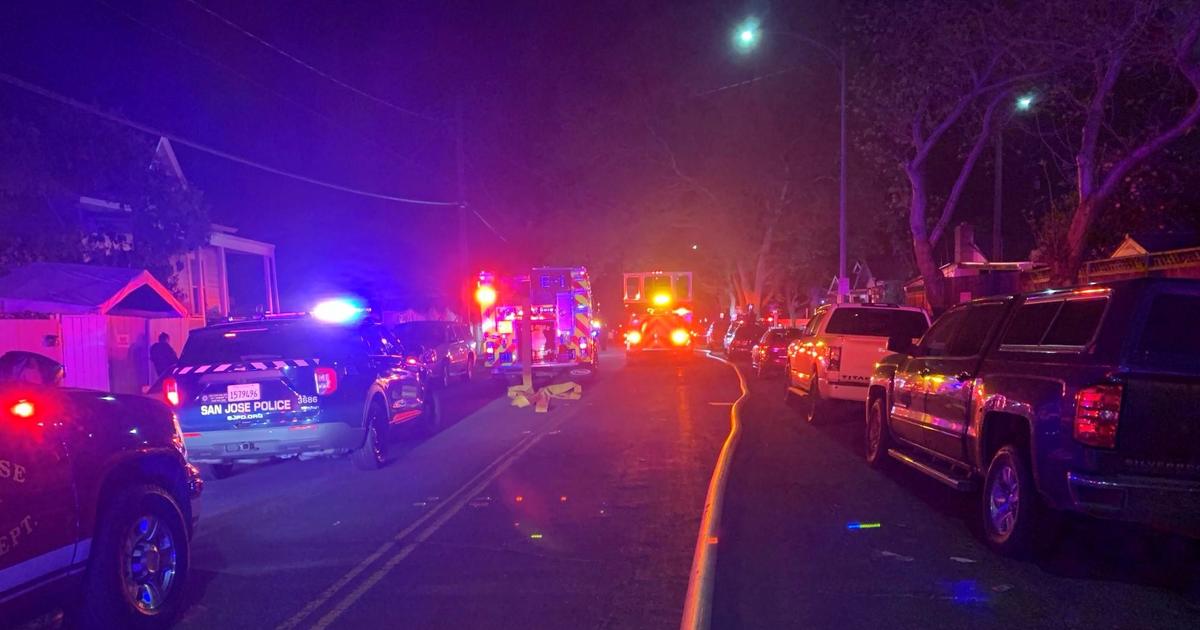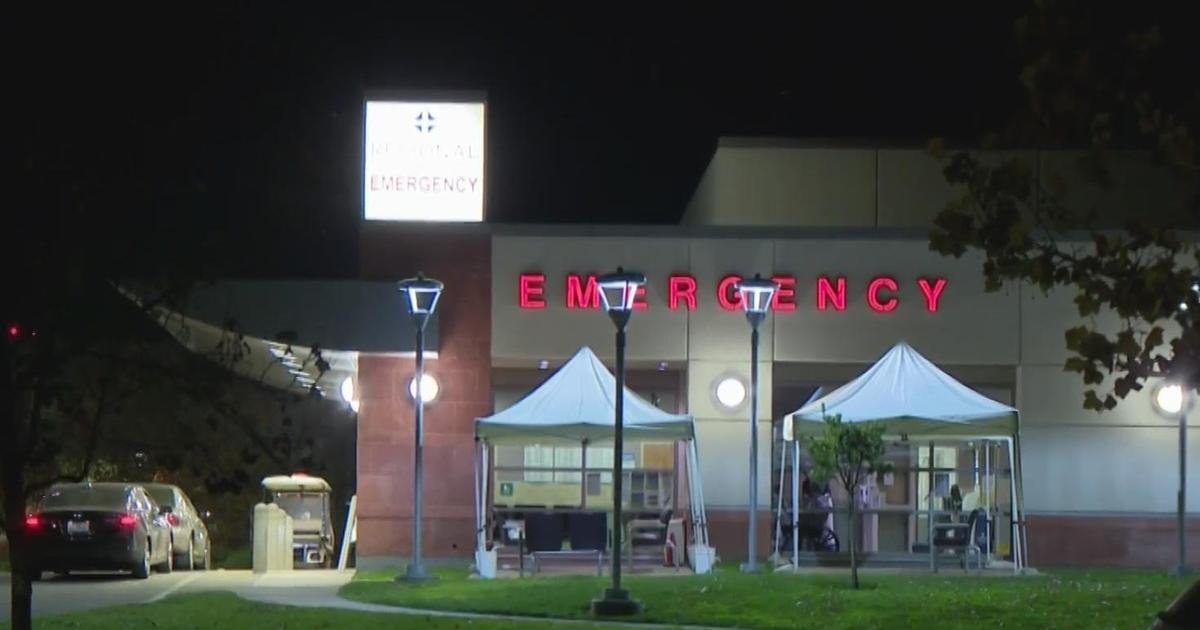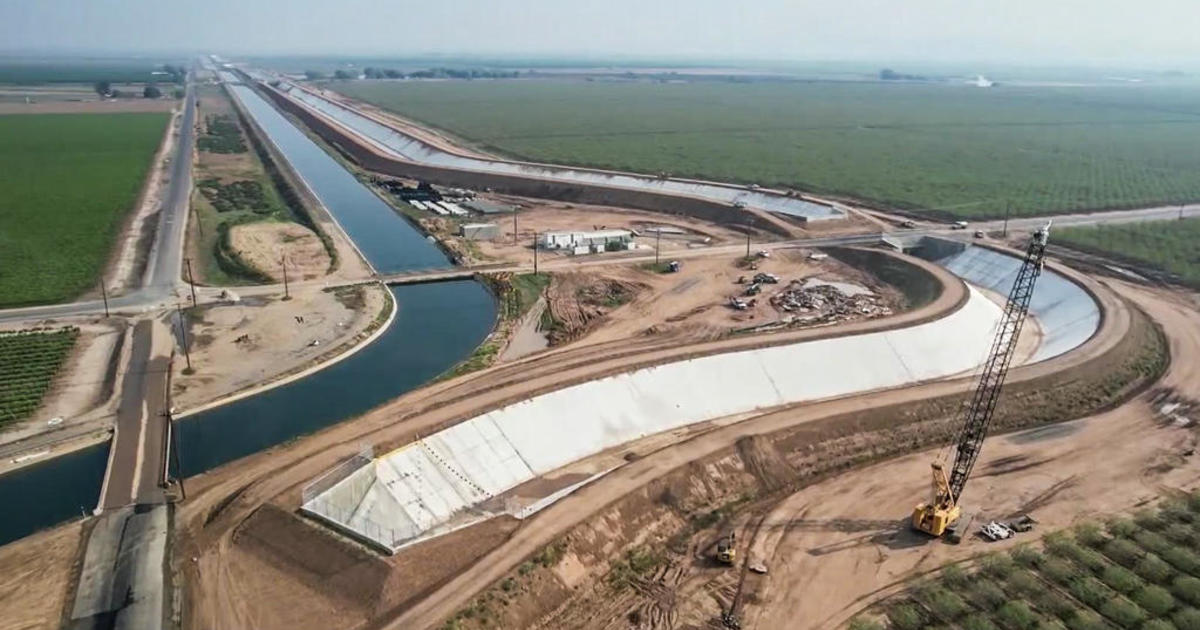Measure HH 'Tech Tax' Seeks To Help East Palo Alto Residents Priced Out Of Their Homes
PALO ALTO (KPIX) - In the 1990s, East Palo Alto was called the murder capital of the country. It took years to shed that reputation, but now, for many longtime residents, EPA is too expensive for them to afford.
There is a measure on the November ballot that seeks to help them.
Father Lawrence Goode of the St. Francis of Assisi Church remembers when East Palo Alto's crime rate was rampant.
"Two times we had two funerals in one day," said Father Goode.
But the city that was once a war zone now has homes selling for nearly a million dollars, on average.
Father Goode is seeing the impact among his parishioners.
"People have had to leave," said Goode. "We've had almost every week we were losing one family or another family. They can't afford to live here anymore."
Father Goode decided something needed to be done. He's one of several community members who signed a pro-tax argument filed with San Mateo County for measure HH, also know as the 'tech tax.'
If voters pass it this November, Measure HH would impose a yearly parcel tax on commercial office space larger than 25,000 square feet at a rate of $2.50 per square foot.
The estimated revenue generated is $1,675,000 a year which would go to building affordable housing.
"They're our new neighbors and you know good neighbors are conscience of the people that they're replacing," said Goode.
But critics say although the tech tax would target big businesses, small companies would be affected.
In a letter to the city one developer wrote, "Property owners would pass the tax on to the tenants. All businesses in buildings over the size threshold would be at risk."
Father Goode sees it much differently. He says big businesses are impacting his community and turning a blind eye.
"They seem to have this big thing in their mind to buy up everything and take over everything," he said. "It's like gentrification happening, I see it happening."
If Measure HH should pass, 35 percent of the revenue would go to building new, affordable housing. Fifteen percent would go to the city for overhead to enforce the measure, and the rest would either go to the city, more housing or job training.



